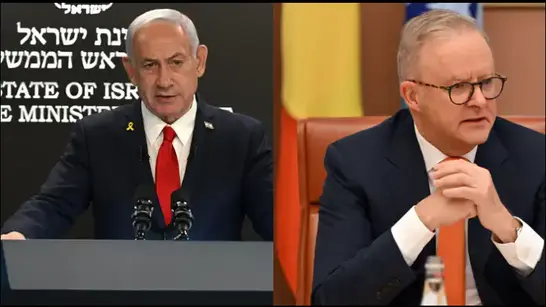T4K3.news
Netanyahu accuses Australian PM of betraying Israel
Diplomatic tensions rise after Australia recognises a Palestinian state and visa disputes complicate relations with Israel.
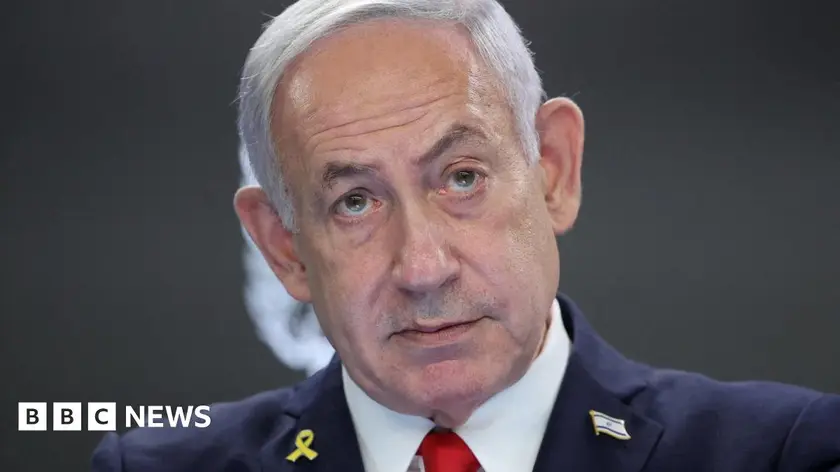
Diplomatic tensions rise after Australia recognises a Palestinian state, leading to a public clash between leaders.
Netanyahu accuses Australian PM of betraying Israel
Israel’s prime minister Benjamin Netanyahu publicly accused Australia of betraying Israel after Canberra said it would recognise a Palestinian state. The dispute intensified when Australian authorities cancelled the visa of far right Israeli figure Simcha Rothman ahead of a planned visit, with home affairs minister Tony Burke saying Australia will take a hard line against people who spread division. Australia’s stance also prompted a warning from Israel that it would scrutinise Australian entry requests to Israel.
In the hours that followed, Israel’s foreign minister Gideon Sa’ar said he had instructed the Israeli Embassy in Canberra to review any official Australian visa applications for entry to Israel. He noted that antisemitism is rising in Australia and suggested the Australian government is contributing to it. The row comes as Australia joined the United Kingdom, France and Canada in recognising a Palestinian state. Netanyahu later launched a sharp attack on leaders of those countries, accusing them of siding with mass murderers and other violent actors. The Palestine state is recognised by 147 of the UN’s 193 member states.
Key Takeaways
"If you are coming to Australia to spread a message of hate and division, we don't want you here."
Tony Burke reacting to the visa issue and entry rules.
"While antisemitism is raging in Australia, including manifestations of violence against Jews and Jewish institutions, the Australian government is choosing to fuel it."
Gideon Sa'ar commenting on antisemitism and Australian policy.
"Mass murderers, rapists, baby killers and kidnappers"
Netanyahu describing opponents in a broad attack on allied leaders.
The episode exposes how quickly diplomatic disputes can flare over policy moves in the Middle East. A visa dispute on one side and a state recognition decision on the other created a public stalemate that risks turning foreign policy into a contest of who speaks louder. The rhetoric matters because it shapes how allies view each other and how domestic audiences react to international choices.
Australia’s move signals a widening realignment in Western diplomacy, while Netanyahu’s sharp response tests the durability of old friendships. The risk is not just lost goodwill but a broader chill in multilateral cooperation at a moment when many governments seek coordinated action on the Israel-Hamas conflict. Public reaction inside both countries, especially among pro-Israel and pro-Palestinian groups, could influence future policy paths more than the formal statements from capitals.
Highlights
- If you are coming to Australia to spread a message of hate and division, we don't want you here.
- While antisemitism is raging in Australia, including manifestations of violence against Jews and Jewish institutions, the Australian government is choosing to fuel it.
- Mass murderers, rapists, baby killers and kidnappers
Political and diplomatic risk in bilateral tensions
The piece involves high impact political moves and sensitive diplomatic stances that could provoke public backlash in both countries and affect cross-border cooperation. Readers may react strongly to language used by leaders and to the framing of allies in ongoing conflict.
Diplomacy moves in uncertain times and requires patience as partners reassess shared interests.
Enjoyed this? Let your friends know!
Related News
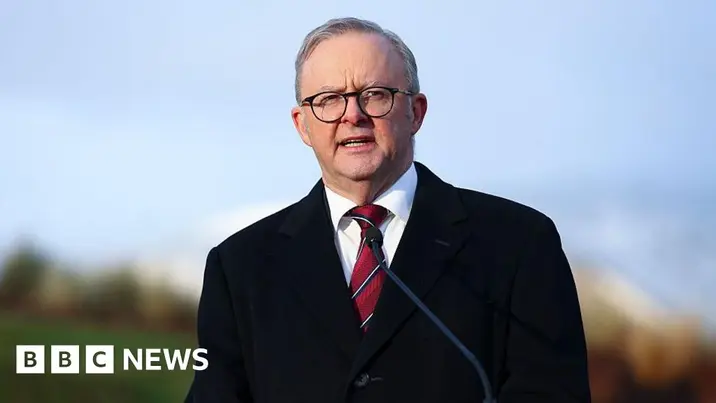
Australia to Recognise Palestinian State at UN General Assembly
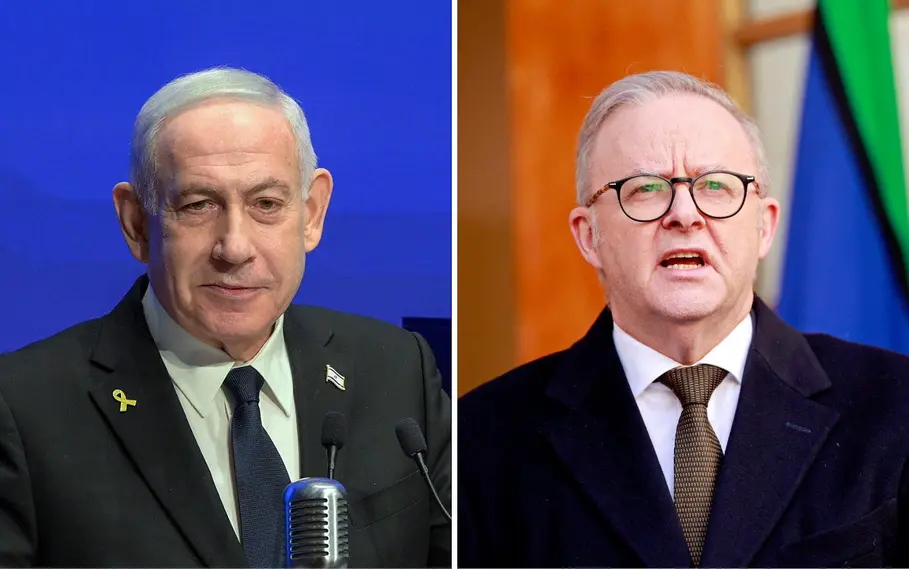
Australia confronts Netanyahu after he calls Albanese weak
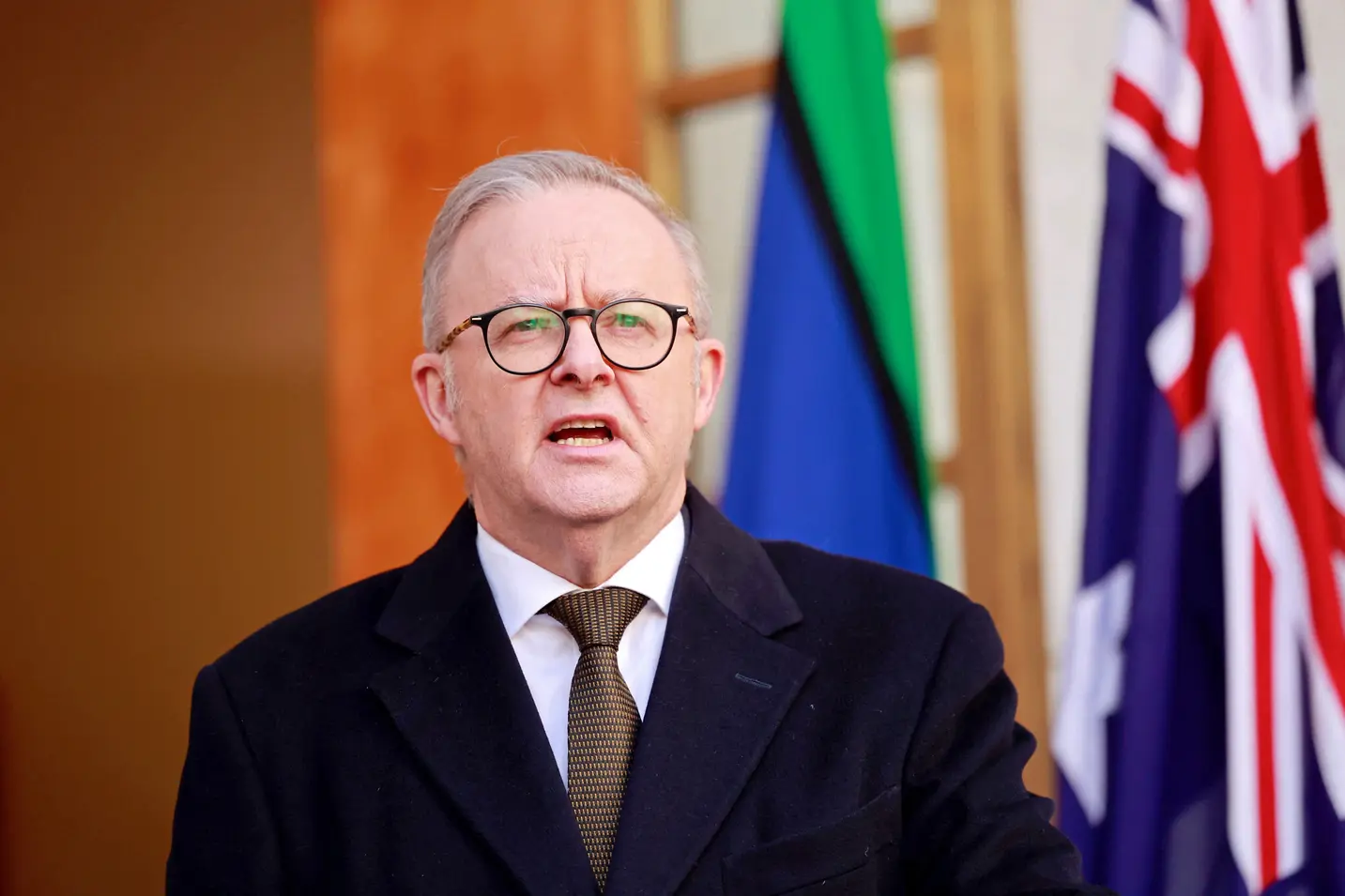
Australia to Recognize Palestinian State in September
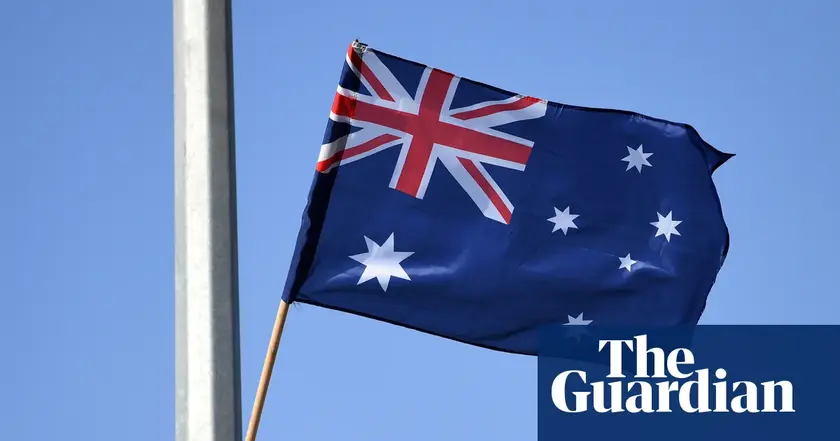
Diplomacy urged in Australia Israel spat
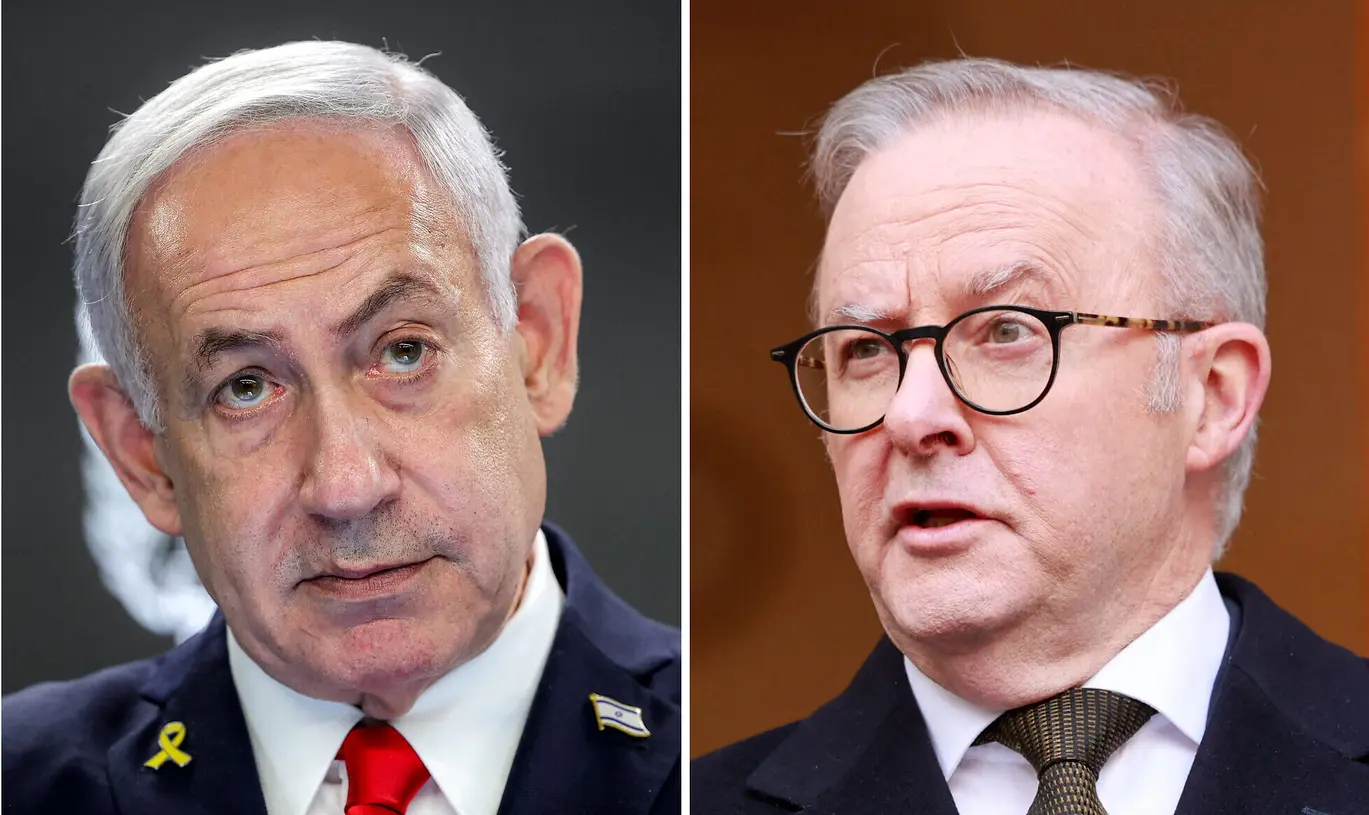
Netanyahu targets Albanese ahead of diplomacy test

Macron rejects Netanyahu claim on antisemitism in France
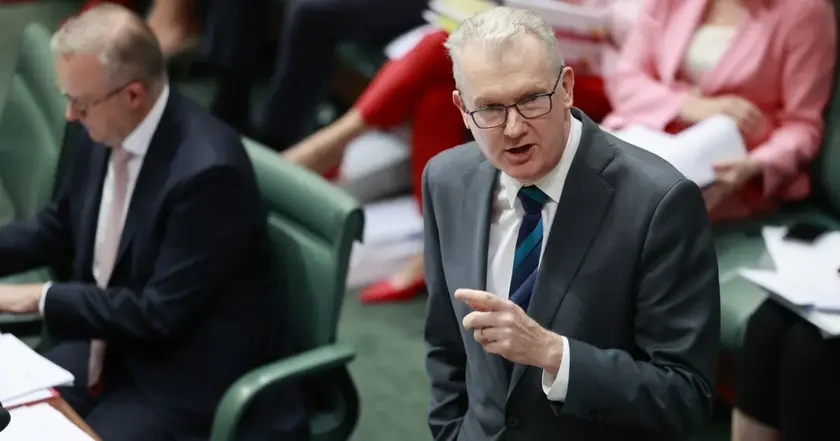
Australia rebukes Netanyahu over Gaza row

France Responds to Netanyahu Charge Over Macron Antisemitism
